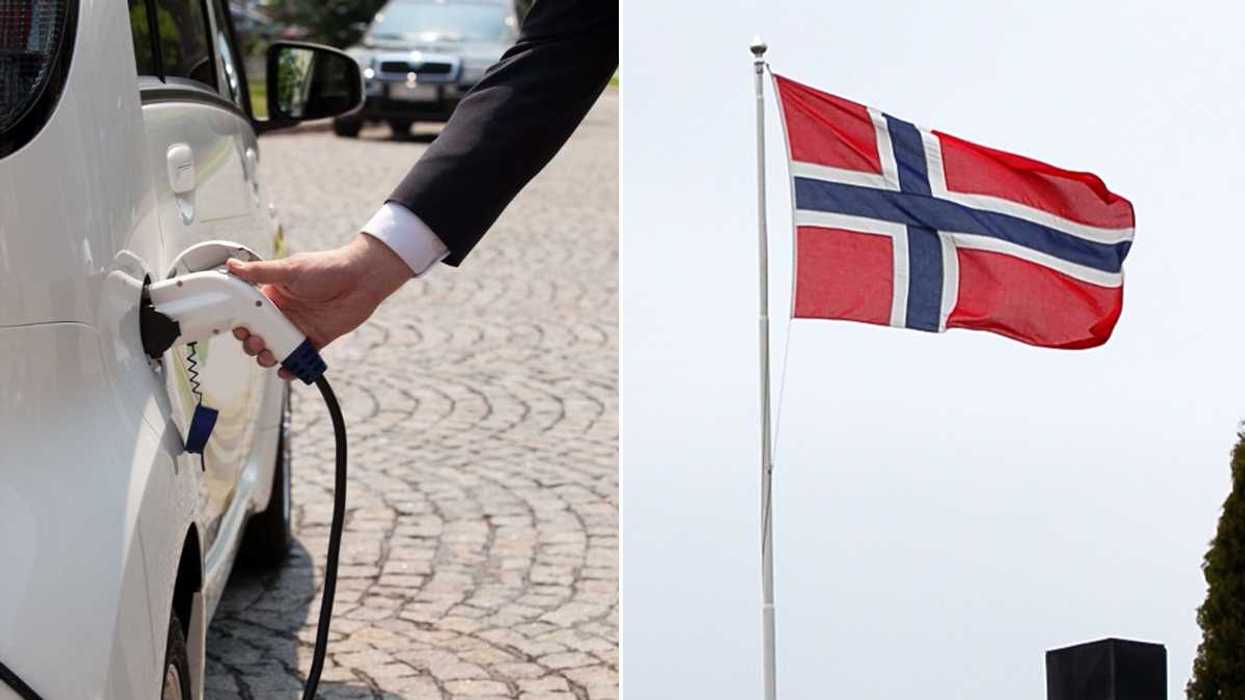New research shows racism can be learned by children as young as 4. By preschool, children may have already internalized harmful racist attitudes.
The good news is that exposure to different races at an early age can greatly reduce a child’s bias.
In a study conducted by researchers at the University of Toronto, 4- to 6-year-old Chinese children were asked to use an app that challenged them to recognize black faces. After two sessions, researchers saw a reduction in their implicit bias.
The study has been embraced by doctors and researchers who see early involvement in sports as an effective tool for breaking down racism in kids. Dr. Angel Brutus, LPC, clinical and sport performance consultant at Synergistic Solutions LLC, is one of many professionals who believe youth sports can be a great way to promote inclusivity in children.
She says:
“Given the studies suggesting that early exposure to bias awareness and training, it would seem likely that early sports participation, specifically within the context of working alongside teammates of diverse backgrounds, yes, youth sports can be one of many available effective tools to address racial biases in young children.”
Inclusivity is just one benefit to playing sports — and those benefits don’t just stay on the playing field. Dr. Brutus points out that many of the lessons acquired in the athletic environment translate to academics. “Some of the skills learned in sport participation can also transfer for youth into the classroom setting,” she says.
Here are four ways researchers feel youth sports can reduce bias and promote diversity in children.
Expose Children to Diverse Authority Figures
According to the University of Toronto study, developing a personal relationship with one black individual was enough to help preschoolers rethink previously developed negative attitudes. That’s because coaches, teammates, and parents of teammates have a significant influence on our future selves.
“There can be a robust number of benefits to having teammates and/or coaches of diverse backgrounds like exposure to different values, belief systems, approaches, goal-orientation, and motivational styles,” says Dr. Brutus.
Dr. Brutus sees a large benefit to exposing children to guardians, mentors, and other influential figures from a variety of backgrounds. Allowing children to be encounter varying perspectives helps them develop a cultured sense of self and appreciation of diversity.
Learn The Importance Of Teamwork And Relationships
Sports are a prime opportunity for youth to work together, requiring children to interact with and rely on teammates from a variety of locations in order to be successful. Team sports also reduce individualistic mindsets and reinforce attitudes that emphasize the importance of the collective.
“Increased exposure to and engagement with individuals of diverse backgrounds helps to humanize others, especially when each participant is tasked with pursuing individual and collective goals involving optimal sports outcomes,” says Dr. Brutus.
Seeing others as “them” becomes increasingly difficult as you work together to achieve a common goal.
Also, many young athletes report establishing their first best-friendships during sports. Those relationships often turn out to be lifelong. Youth sports can be one of the earliest opportunities young children receive to diversify those circles.
A child’s social circle can have a substantial impact on identity development and perspectives. Being part of a diverse group of friends with their own experiences and opinions prepares children to deal with individuals who are not like them.
Provide New Frameworks For Thinking
Children learn many of the negative messages about other groups from being surrounded by those with few experiences that challenge those messages. As a result, children internalize these biases and see others as less-than — and it costs them.
“When children operate in homogeneous environments, it really suppresses opportunity for developing social-emotional skills that can sometimes support creativity, out-of-the-box thinking, and independent thinking,” says Dr. Brutus.
By interacting with a diverse group of individuals in youth sports, children are faced with the need to challenge previous harmful perceptions of other groups. This is especially beneficial for children that came from non-inclusive environments.
Teach Inclusivity to Adults and Parents
Children aren’t the only ones to benefit from an expanded network of authority figures gained through coaches and other parents on sporting teams. For parents, sports provide an opportunity to extend their own support networks.
Dr. Brutus notes:
“Parents with children involved in youth sports can certainly benefit from their child's participation. It increases their circle of influence and support by gaining exposure to other parents who are also navigating the sport-parent experience. Youth sports participation also gives the young athlete exposure to another authority figure, which in turn can serve as a great ally for parents to support accountability, discipline, and consequences with their athletes.”
That environment can have lasting positive effects on a young athlete.
















 Amoxicillin is a commonly prescribed broad-spectrum antibiotic.
Amoxicillin is a commonly prescribed broad-spectrum antibiotic.  Chart: The Conversation, CC-BY-ND
Chart: The Conversation, CC-BY-ND
 An envelope filled with cashCanva
An envelope filled with cashCanva Gif of someone saying "Oh, you
Gif of someone saying "Oh, you
 Two penguins play by the waterCanva
Two penguins play by the waterCanva
 A parking lot for charging electric vehicles.Photo credit
A parking lot for charging electric vehicles.Photo credit  Oil production.Photo credit
Oil production.Photo credit  Sun shines over the Earth.Photo credit
Sun shines over the Earth.Photo credit 
 Counterintuitively, social media can make you feel more bored and lonely.
Counterintuitively, social media can make you feel more bored and lonely. Talking about what you’ve read can add a social dimension to what can be a solitary activity.
Talking about what you’ve read can add a social dimension to what can be a solitary activity. 
 A flight attendant closes the overhead binCanva
A flight attendant closes the overhead binCanva Gif of Larry David trying to put his luggage in overhead compartment via
Gif of Larry David trying to put his luggage in overhead compartment via 
 Dog owner pets their dogCanva
Dog owner pets their dogCanva Gif of a sad looking pug via
Gif of a sad looking pug via 